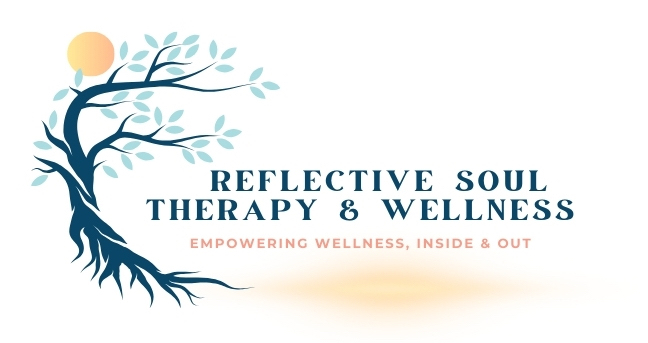The world around us is constantly changing, and in times of uncertainty, it is natural to experience heightened stress and worry. Whether facing global crises, financial instability, or personal hardships, the unpredictability of life can feel overwhelming. For some, you may experience anxiety, panic attacks, feelings of loneliness, loss of jobs and so much more. While we cannot always control external circumstances, we can learn how to navigate stress effectively and maintain emotional well-being in a way that works for us.
Understanding Stress and Worry
Stress is the body’s natural response to perceived threats or challenges, activating the “fight-or-flight” system. While this response can be helpful in short bursts, prolonged stress can take a toll on mental and physical health. Worry, on the other hand, involves persistent thoughts about potential problems, often leading to anxiety and emotional exhaustion.
Recognizing when stress and worry are affecting daily life is the first step toward managing them. Symptoms may include:
- Difficulty sleeping
- Increased irritability
- Trouble concentrating
- Muscle tension or headaches
- A sense of helplessness
Coping Tools to Navigate Uncertainty
Although uncertainty is unavoidable, you can take proactive steps to reduce stress and cultivate resilience.
1. Practice Mindfulness and Grounding Techniques
Mindfulness involves staying present in the moment rather than dwelling on past worries or future fears. Techniques such as deep breathing, meditation, and body scanning can help regulate emotions and reduce anxiety. A simple grounding exercise is the 5-4-3-2-1 method:
- 5 things you can see 👀
- 4 things you can touch 👇🏻
- 3 things you can hear 👂🏻
- 2 things you can smell 👃🏼
- 1 thing you can taste 👅
This exercise helps anchor you in the present, providing immediate relief from spiraling thoughts.
2. Focus on What You Can Control

Uncertainty often makes us feel powerless. Shifting focus to what you can control—such as your daily routine, self-care, or how you respond to stress—can restore a sense of stability. Setting small, achievable goals can create momentum and build confidence in managing difficult situations.
3. Maintain Healthy Routines
Consistency in daily habits provides structure and predictability, which can be comforting in uncertain times. Prioritize:

Sleep: Aim for 7-9 hours of rest to support mental clarity.
Nutrition: Fuel your body with balanced meals to stabilize mood and energy. Remember 90% of your Serotonin (one of your brains natural happy drugs) is produced in your gut, so when you feed your gut you feed your brain.
Exercise: Physical activity releases endorphins, reducing stress hormones. If your limited on time, even a 7 minute workout can be very effective. There are lots of great 7 minute workouts available on youtube.
4. Limit Media Consumption

While staying informed is important, excessive exposure to negative news can heighten anxiety. Set boundaries by designating specific times to check updates and avoid doomscrolling before bed. Instead, spend time reading books you enjoy.
5. Stay Connected with Supportive People

Social support is vital for mental well-being. Reach out to friends, family, or a therapist to share your concerns. If you struggle with a lack of friends, make time in your week to build your social network by finding your passions and joining group activities that surround them, join clubs and events, and volunteer.
6. Engage in Stress-Relieving Activities

Find hobbies or activities that bring you joy and relaxation. Reading, journaling, listening to music, doing art, meditation, yoga, or spending time in nature can serve as healthy outlets for stress.
7. Seek Professional Support When Needed

If stress and worry become overwhelming, seeking help from a mental health professional can provide guidance and coping strategies tailored to your situation. Counselling can be a valuable resource in developing long-term resilience.
Final Thoughts
Uncertain times can challenge our emotional well-being, but with the right tools and mindset, it is possible to navigate stress effectively. By practicing mindfulness, maintaining healthy habits, and leaning on support systems, you can build resilience and find balance even in difficult times.
If you’re struggling to manage stress and worry, Reflective Soul Therapy & Wellness is here to support you. Our team of registered clinical counsellors and wellness professionals can help you develop personalized coping strategies.
Contact Us Today

📞 Phone: 250-300-6215
📧 Email: Intake@ReflectiveSoulWellness.com
🌐 Website: Reflective Soul Wellness
📅 Book a Session



